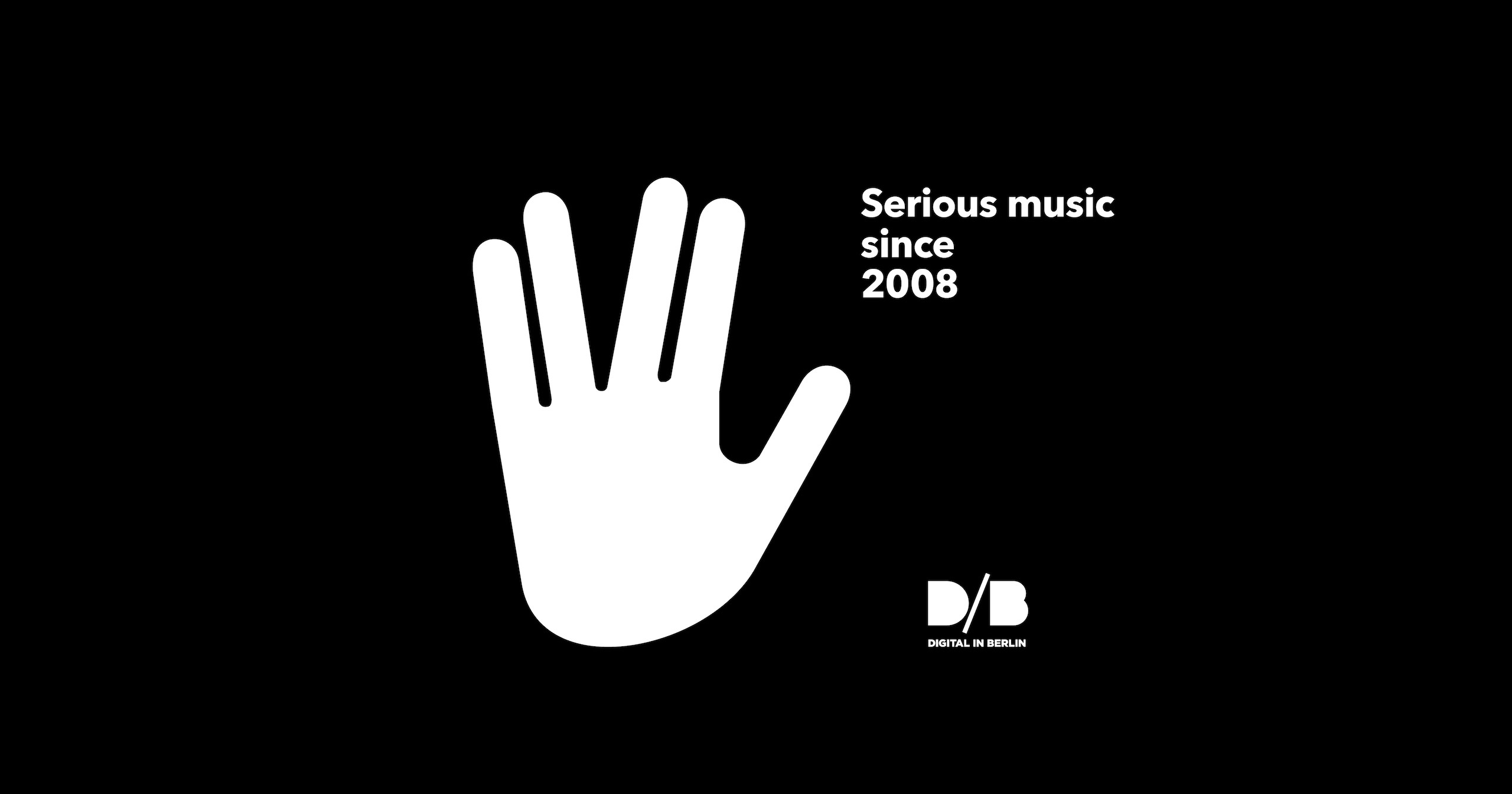Under the motto Utopia [lost], the 9th edition of MaerzMusik, explores via exemplary works, premieres and new productions, music as a realm of thought and practice, of memory and hope, but also as a place for the reflection of loss and failure, resignation and decline, death and beyond.

MaerzMusik : Festival of Contemporary Music, various locations 19-28th March
Musiktheater | Orchesterkonzerte | Kammermusik | Performance | Intermedia | Sonic Arts Lounge | Querklang : Schüler komponieren
Utopia: No place and the good place. Current times seem, to a large extent, defined by discouragement. Reaction dominates action, unquestioning pragmatism and crisis management overwhelm vision and perspective. At least in the West the fall of ideologies is being proclaimed. The mere mention of utopia and ideals is almost taboo. And yet, conversely, the loss of utopia feeds a desire for orientation and change. Art, in that it confronts us with ourselves, can be a laboratory of transgression, of new thought, of creation beyond the familiar. Art enables the experience of the sublime, the contemplation of the other, the not yet, the no longer, the inconceivable. In particular music, with its claim to autonomy and abstraction, has the potential to nurture the seed of utopia and allow it to grow.

Ensemble ascolta
MaerzMusik opens with Luci mie traditrici by Salvatore Sciarrino, under the direction and design of Rebecca Horn. The opera portrays the catastrophe of unrequited love, reminiscent of the noble composer Gesualdo, who had his wife and her lover killed. The composer Beat Furrer will not only conduct Klangforum Wien in this performance, but also towards the end of the festival when he will present his own new music theatre production, Wüstenbuch, set on stage by Christoph Marthaler – a rapprochement to the eroticism of the strange, to death, emptiness and beyond, with text by Händl Klaus, from Ingeborg Bachmann’s novel Wüstenbuch and an ancient Egyptian papyrus. The Swiss composer, Mela Meierhans, in her piece Rithaa – ein Jenseitsreigen II featuring the Palestinian singer Kamilya Jubran, focuses her attention on laments and death rituals in the Arab Culture. In the form of “slow listening” and enriched by the projection of images, Clemens Goldberg exposes the symbolic content of the “celestial” mass, Et Ecce Terrae Motus, by Antoine Brumel (ca. 1500). Lucia Ronchetti addresses in Der Sonne entgegen (Towards the Sun) the theme of opposed utopias of (poisoned) fortune in foreign lands: migrants and refugees who search for a better life in the West, tourists who search for a cheap paradise in exotic lands. The fine artist, William Kentridge and the young composer, François Sarhan, deconstruct soviet political myths using radical means in the laconic music / film performance, Telegrams from the Nose.

John Butcher Group
In addition to these stage productions, MaerzMusik 2010 offers exceptionally well-cast orchestra and chamber music, in which political, technological, interpretational and purely musical moments of utopia can be heard. The Staatskapelle Weimar, under the direction of Heinz Holliger, demonstrates with Thomas Kessler’s new work Utopia at the Philharmonie that an orchestra is more than a collective of professional musicians. Dispersed throughout the hall, each musician commands their own computer and amplifier live, so as to electronically process the sound of their instrument. The doyen Klaus Huber’s very first composition with live electronics will be premiered by Collegium Novum from Zurich. The Arditti Quartet from London, the Quartetto Prometeo from Rome und the Ensemble ascolta from Stuttgart – all first-time guests at MaerzMusik – will play commissioned works by Salvatore Sciarrino, James Clarke, Olga Neuwirth, Johannes Schöllhorn, Isabel Mundry, Barbara Monk Feldman and others. In honour of the 80th birthday of Dieter Schnebel the expanded Trio Accanto and the singer, Susanne Otto, will premiere an evening-long set based on late poems by Ingeborg Bachmann.

Heaven And
Due to renovation work at the Haus der Berliner Festspiele, the evening Sonic Arts Lounge events, as well as all other performances, will take place in diverse locations. SAL offers experimental experiences that explore the boundaries between music, art, technology, politics and vision. John Butcher opens with seven musicians performing somethingtobesaid, which attests the ideal of collective improvisation. Felix Kubin’s Echohaus, with six musicians in different rooms sounds for the wandering listener the technologically mediated balance between solo parts and ensemble sound. Michael Pisaro and Bernhard Leitner exploit the utopian technology of wave field synthesis, by which means any sound source can be virtually shaped and moved in space. Heather O’Donnell celebrates the formidable variation theme in the Chilean battle song El Pueblo Unido by Frederic Rzewski. And then: Heaven And ………

Wandelweiser Komponisten Ensemble
You are heartily invited to embark upon an exciting journey – not entirely without risk – to the [Lost] Islands of Musical Utopia where music is to be observed as the force field of the new, the unheard, the unexplored and of transgression. Artistic Director: Matthias Osterwold
With such a richly packed programme full of highly recommended concerts, its impossible to mention each one individually. You can download the complete programme of MaerzMusik 2010 as PDF HERE.
MaerzMusik : Festival of Contemporary Music, various locations 19-28th March 2010
Musiktheater | Orchesterkonzerte | Kammermusik | Performance | Intermedia | Sonic Arts Lounge | Querklang : Schüler komponieren
http://berlinerfestspiele.de | www.maerzmusik.de
